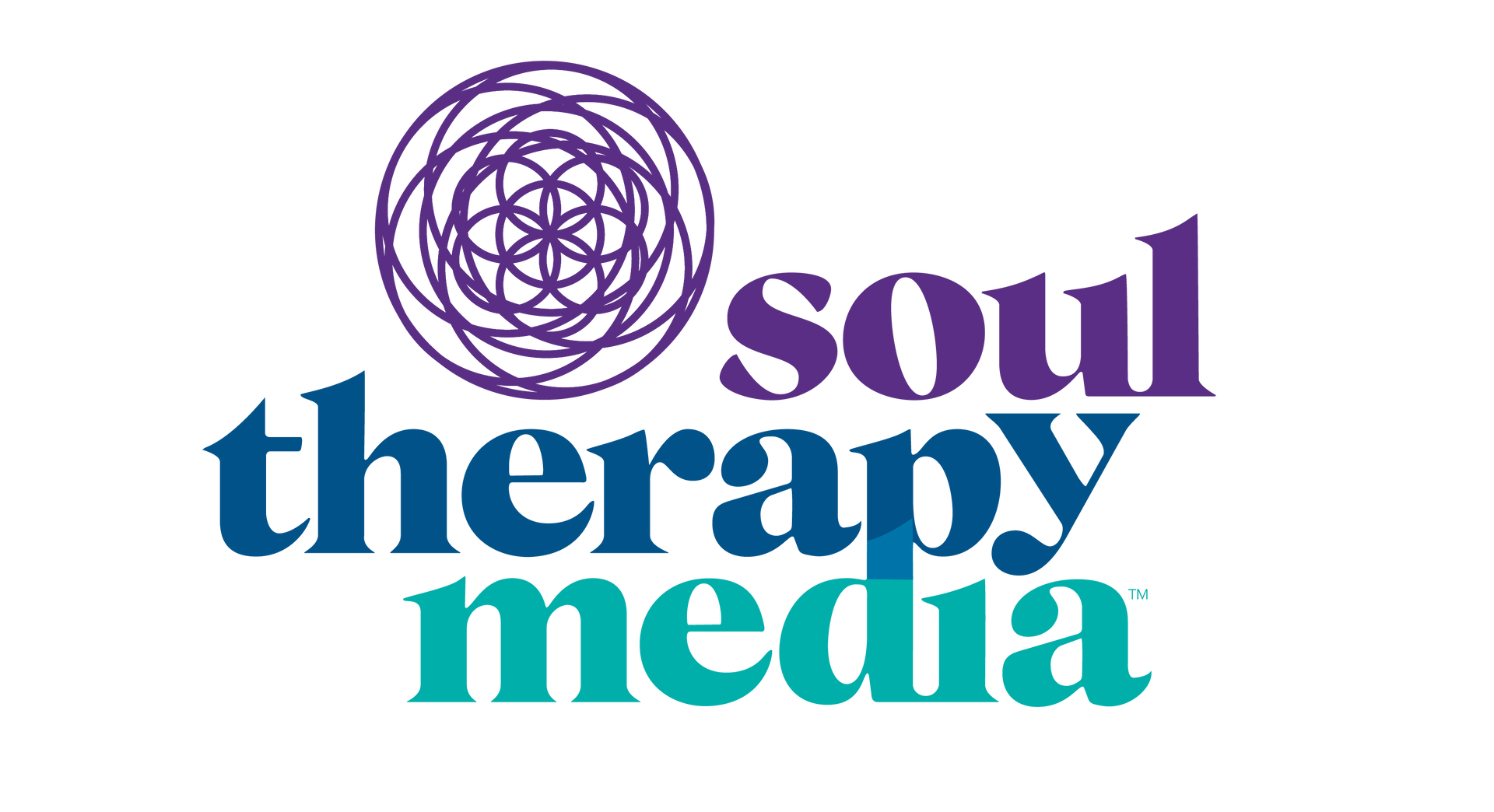Five Ways You're Sabotaging Your Mental Health (and How to Fix It)
Have you ever watched someone navigate life with ease, staying calm and grounded no matter what comes their way?
Or wondered why, despite all your hard work, you can’t seem to break through the obstacles holding you back?
Maybe you’ve noticed someone who seems less qualified or experienced than you getting all the right opportunities, while you feel stuck, unable to make progress toward your own goals.
The answer might be simpler than you think: it’s about understanding and claiming your power. From observing others on their mental health journeys, it’s clear that those who tap into their inner strength are the ones who make progress.
On the other hand, many people who feel stuck or overwhelmed often don’t realize they’ve given away their power—putting their mental health at risk in the process.
Here are 5 ways people are sacrificing their mental health—and how you can start reclaiming your power today:
1. Not Saying "NO"
How often does someone ask you to take on something you really don’t want to do, but you say yes just to keep the peace? Probably more often than you'd like to admit. It might seem like a small thing in the moment, but over time, every "yes" that goes against what you really want chips away at your energy, your time, and your well-being.
Saying "no" isn’t about being rude or difficult. It’s about protecting your peace and giving yourself the space to focus on what actually matters to you. You don’t have to over-explain. A simple:
- “I’d love to help, but I’m at capacity right now and can’t take this on.”
- “Thanks for thinking of me, but I need to pass this time so I can prioritize my other commitments.”
Saying “no” when you need to is one of the most powerful things you can do for your mental health—and you don’t owe anyone guilt in return.
2. Not Asking for Help
So often, many of us push through challenges on our own, even when it feels overwhelming, just because we’re afraid to ask for help. Maybe you’re worried it will make you look like you can’t handle it (whatever “it” is), or you don’t want to bother anyone. But here’s the truth: asking for help isn’t weak. It’s smart. And people are often just waiting for you to ask.
None of us are meant to do everything alone. And trying to be everything to everyone only leads to burnout, frustration, and silence when what you really need is support.
Next time you’re struggling, try saying something like:
- “Hey, I’m feeling a bit stretched right now—would you be able to help me think through this?”
- “I could really use some support on this. Can we talk through how to make it more manageable?”
Reaching out doesn’t make you any less capable. It shows you value your well-being—and that you’re willing to take care of yourself, not just everyone else.
3. Not Setting Boundaries
How often do people—at work or in your personal life—ask for your time, energy, or attention when you barely have any left to give? It might seem easier to just say yes and keep going, but without boundaries, you end up feeling overwhelmed, drained, and even resentful.
Boundaries aren’t about shutting people out. They’re about protecting your energy and giving yourself permission to say, “I matter too.”
Try saying something like:
- “I’m not available for that right now, but I hope it goes well.”
- “I’d love to help, but I need to protect some downtime for myself this week.”
Setting boundaries helps others understand what you need—and it reminds you that your mental well-being is worth protecting.
4. Not Demanding Respect
Respect isn’t optional—it’s essential for your mental health. If you don’t make it clear from the start how you expect to be treated, people might cross lines without even realizing it. Over time, that can leave you feeling invisible, frustrated, or even questioning your worth.
Standing up for yourself doesn’t mean starting a fight. It just means being clear and firm about what’s okay and what’s not.
Try saying something like:
- “I'm not comfortable with how that was said—let’s try a different tone moving forward.”
- “I want to have this conversation, but I need it to be respectful or we’ll have to pause it.”
You teach people how to treat you by what you allow, what you stop, and what you reinforce. Respect starts with you.
5. Not Asking for What You’re Worth
It’s all too common—people give their time, energy, or talent without ever asking for what they really deserve. Whether it’s at work, in relationships, or even in everyday situations, they stay quiet out of fear of rejection or because they’ve convinced themselves it’s “not a big deal.”
But here’s the truth: when you don’t ask for what you’re worth, you often end up feeling overlooked, underappreciated, and frustrated.
Speaking up for yourself doesn’t have to be complicated. You could say:
- “I’ve taken on a lot of responsibility, and I’d like to talk about adjusting my rate to reflect the value I’m bringing.”
- “I want to keep supporting you, but I need to make sure my time and energy are being respected, too.”
You’re not asking for too much—you’re just asking for what’s fair. Knowing your worth is powerful. Saying it out loud? Even more so.
The truth is, we often get in our own way without even realizing it. Fear, doubt, and insecurity can keep us from stepping into our full potential. But when you start to trust yourself and believe in your own power, everything changes.
Mental health starts with how we treat ourselves. The power to make that change is already inside you. By setting boundaries, asking for help, and standing up for what you deserve, you’re taking control of your life. This is your moment to shift the balance and create the space you need for peace, growth, and true well-being. The change starts with you. You got this.
What’s one small step you could take today to start reclaiming your power and improving your mental health?
Are your team members feeling burnt out or disconnected from purpose? At Soul Therapy Media, we help organizations bring more joy and soul into how they show up – internally and externally. We do this through intentional branding, inspired events, and corporate wellness experiences that energize teams and build cultures people love to be a part of. Let’s connect: connect@soultherapymedia.com.









